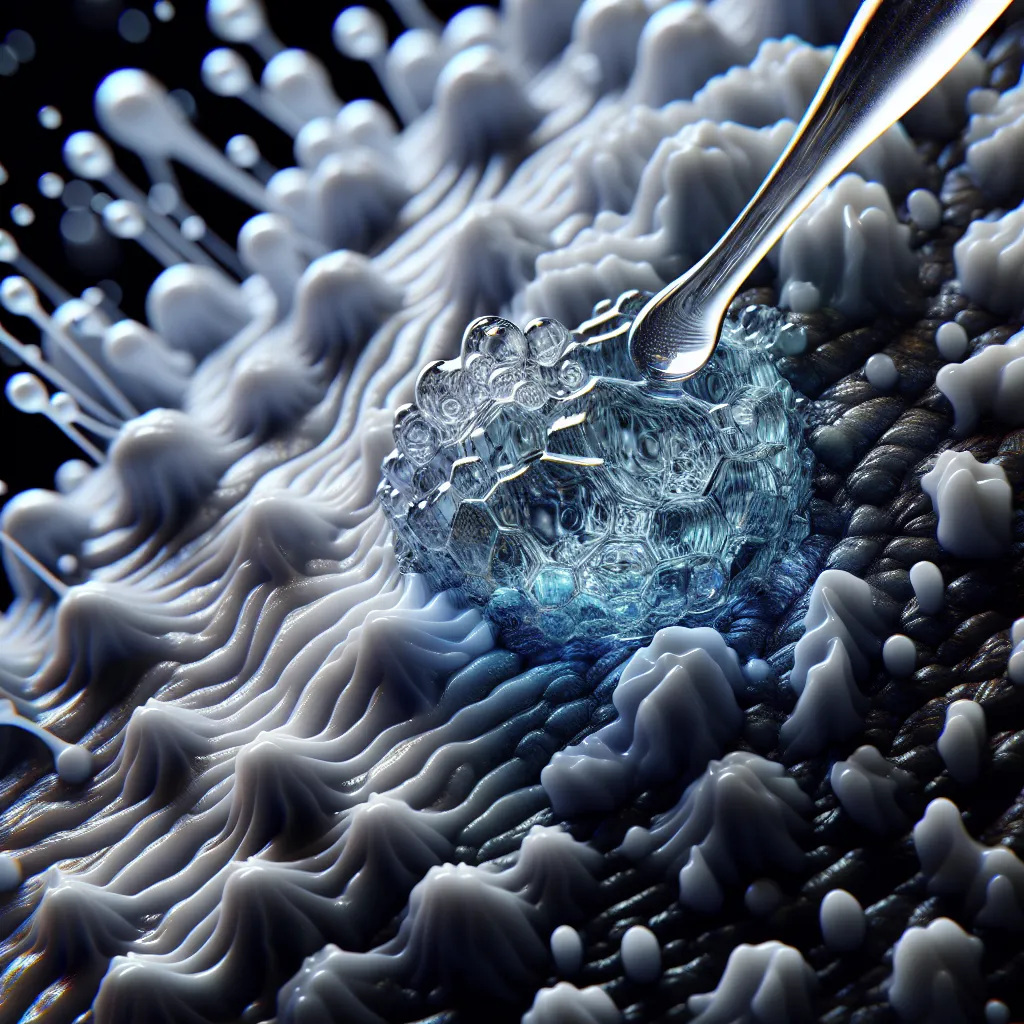
The Science of Moisturizers: How They Work and Why They Matter
Understanding Skin Moisture: A Deep Dive into Moisturizers
Understanding the role of moisturizers in maintaining skin moisture is crucial for achieving healthy and glowing skin. Moisturizers work by forming a protective layer on the skin, which helps to prevent water loss and maintain hydration. They contain ingredients such as humectants, occlusives, and emollients, which work together to attract, lock in, and smooth the skin’s moisture. Humectants like glycerin and hyaluronic acid draw water from the environment into the skin, while occlusives such as petroleum jelly and mineral oil create a barrier to prevent evaporation. Emollients like shea butter and squalane help to soften the skin and fill in the gaps between skin cells, resulting in improved hydration and a smoother skin surface.
By understanding the science behind moisturizers, we can appreciate the importance of incorporating them into our skincare routines. Properly moisturized skin not only looks and feels better but also functions more effectively as a protective barrier against environmental stressors. Whether you have dry, oily, or combination skin, choosing the right moisturizer can make a significant difference in maintaining skin health and promoting a radiant complexion. With a deeper understanding of how moisturizers work, we can make informed choices to support our skin’s moisture needs and overall well-being.
The Role of Hydration in Skincare: Exploring the Science of Moisturizers
Moisturizers are an essential component of any skincare routine, playing a crucial role in maintaining the skin’s hydration levels. Understanding the science behind moisturizers and their impact on the skin’s hydration is key to appreciating their significance in skincare. Hydration is a fundamental aspect of skin health, and moisturizers work by incorporating ingredients that help keep the skin hydrated.
When the skin lacks proper hydration, it can lead to a range of issues such as dryness, flakiness, and even an accelerated aging process. Moisturizers play a crucial role in preventing these problems by forming a protective barrier on the skin’s surface, sealing in moisture, and preventing water loss. Through the use of humectants, occlusives, and emollients, moisturizers work synergistically to improve the skin’s hydration levels and overall health.
Humectants such as hyaluronic acid and glycerin attract water to the skin, ensuring that it remains plump and adequately hydrated. Occlusives like petrolatum and mineral oil form a protective layer on the skin, preventing moisture from evaporating, while emollients such as squalane and shea butter work to soften and smooth the skin’s texture.
Understanding the science of moisturizers and their role in skin hydration is crucial for anyone looking to maintain healthy and radiant skin. By incorporating the right moisturizer into a daily skincare regimen, individuals can effectively support the skin’s natural hydration processes and protect against environmental stressors, ultimately promoting overall skin health and well-being.
Demystifying Moisturizer Ingredients: What Really Works for Your Skin
Demystifying moisturizer ingredients is crucial to understanding how these products work and which ones are most effective for your skin. When it comes to choosing a moisturizer, it’s important to look beyond the fancy packaging and marketing claims and focus on the actual ingredients that will benefit your skin.
One key ingredient to look for in a moisturizer is hyaluronic acid, known for its ability to hydrate and plump the skin. Another important ingredient is glycerin, which helps to maintain the skin’s moisture barrier and prevent dryness. Additionally, ceramides are essential for repairing and protecting the skin barrier, while antioxidants like vitamin C and E can help to neutralize free radicals and reduce signs of aging.
It’s also essential to consider your skin type when selecting a moisturizer. For example, those with dry skin may benefit from richer ingredients like shea butter or jojoba oil, while individuals with oily or acne-prone skin may prefer lighter, non-comedogenic formulations.
Understanding the science behind moisturizer ingredients can empower you to make informed choices for your skincare routine, ensuring that you select products that truly work for your skin’s needs.
From Emollients to Humectants: The Science Behind Moisturizer Formulations
Moisturizers play a crucial role in maintaining the health and appearance of the skin. Understanding the science behind moisturizer formulations is essential for grasping their efficacy and choosing the right product. One key aspect of moisturizers is the combination of emollients and humectants, which work together to provide comprehensive skin hydration. Emollients, such as oils and lipids, function by smoothing the spaces between skin cells, creating a soft and supple texture. On the other hand, humectants like hyaluronic acid and glycerin attract water to the skin, enhancing its moisture content. The synergy between these components ensures that the skin is not only moisturized but also protected from external aggressors. When selecting a moisturizer, it’s important to consider the balance of emollients and humectants to address specific skin concerns and achieve optimal results.
Skin Barrier Function and Moisturizers: Unraveling Their Crucial Connection
When it comes to understanding the importance of moisturizers, delving into the intricate connection between skin barrier function and moisturizers is crucial. The skin barrier, also known as the stratum corneum, plays a vital role in protecting the body from external aggressors such as allergens, irritants, and microorganisms. This protective barrier consists of skin cells held together by lipids, forming a barrier that retains moisture while keeping harmful substances out.
Moisturizers work hand in hand with the skin barrier by replenishing lost moisture and supporting the barrier’s function. They achieve this through various ingredients such as humectants, occlusives, and emollients. Humectants like hyaluronic acid attract water to the skin, improving hydration, while occlusives such as petrolatum form a protective layer that prevents water loss. Emollients like plant oils help fill in the gaps between skin cells, creating a smoother, more supple skin surface.
Understanding the crucial connection between skin barrier function and moisturizers underscores the significance of incorporating these products into a daily skincare routine. By nourishing the skin barrier and optimizing its function, moisturizers play a pivotal role in promoting skin health and overall well-being.



